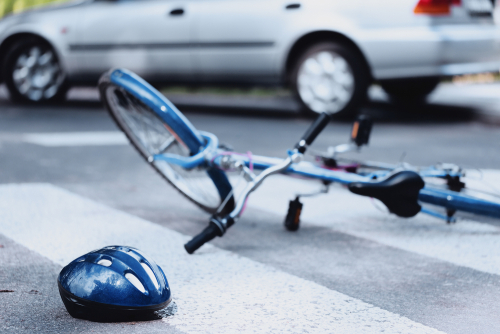On March 4, 2021, the New York State Assembly announced that it began passing a series of bills to improve health and safety measures in nursing homes throughout the state. Significantly, the Assembly moved a bill forward that would repeal Article 30-D of the Emergency or Disaster Treatment Protection Act — a measure that was passed at the beginning of the coronavirus pandemic, shielding nursing homes from liability during the public health crisis.
The legislation follows the recent exposure concerning how the pandemic was handled in New York’s nursing homes — and the New York Attorney General’s findings that COVID-19 deaths in nursing homes were underreported by up to 50%. The investigation divulged a widespread failure of nursing homes to adhere to infection control protocols and uncovered significant issues regarding staffing. According to the report, nursing homes with the lowest number of staffing hours relative to the number of patients had higher rates of fatality.
What is the Emergency or Disaster Treatment Protection Act?
On April 2, 2020, the Emergency or Disaster Treatment Protection Act was signed into law, giving hospitals and nursing homes “immunity from any liability, civil or criminal, for any harm or damages alleged to have been sustained as a result of an act or omission in the course of providing healthcare services” during the COVID-19 outbreak. The Act also specifically provided that staffing shortages could not be considered a reason to exempt a facility from liability protection.
Notably, the recent measure to repeal the Act isn’t the first time the law has come under scrutiny by legislators. In July, lawmakers voted to narrow the scope of the Act and limit the immunity of nursing homes from liability.
While the new bill was passed by the New York State Assembly, it must still be approved by the New York State Senate and signed into law in order to reverse the Act entirely. The repeal would help ensure that nursing homes that act carelessly or recklessly are held responsible for harm that arises due to their negligence and legally accountable for the damages that result — including during the COVID-19 public health emergency. Specifically, the bill would allow families to take legal action if their loved ones suffered harm arising from nursing home negligence in connection with COVID-19 treatment.
What Other Bills are Included in the Nursing Home Legislation?
The legislation also includes various other bills aimed at nursing home reform, including legislation focused on prioritizing sanitation measures. Critically, this bill would mandate that nursing homes implement antimicrobial resistance and infection control training, as well as develop an antimicrobial stewardship program.
Another bill in the package addresses exemptions for personal and compassionate caregiving visitors during a public health emergency. Other proposed laws focus on making quality improvements and various other health and safety measures — such as requiring the Department of Health to issue guidance concerning the precautions that must be taken during an outbreak.
The Assembly is working toward continuing to pass the remaining bills.
Contact an Experienced New York Nursing Home Negligence Attorney
When you place your loved one in a nursing home, you should be able to rest assured that they are safe from harm and receiving quality care. If you believe they have suffered from abuse, neglect, or mistreatment at a nursing home, it’s critical to contact a nursing home negligence attorney who can advise you concerning the best course of action. The Dearie Law Firm, P.C. provides committed counsel to families whose loved ones have been injured as a result of wrongful treatment or abuse at nursing homes.
The Dearie Law Firm, P.C. has convenient office locations in Manhattan, Brooklyn, and the Bronx, as well as mobile locations serving Brooklyn, Queens, Manhattan, the Bronx, Staten Island, Westchester, Rockland County, and on Long Island in Nassau County and Suffolk County. Contact us for a consultation.

